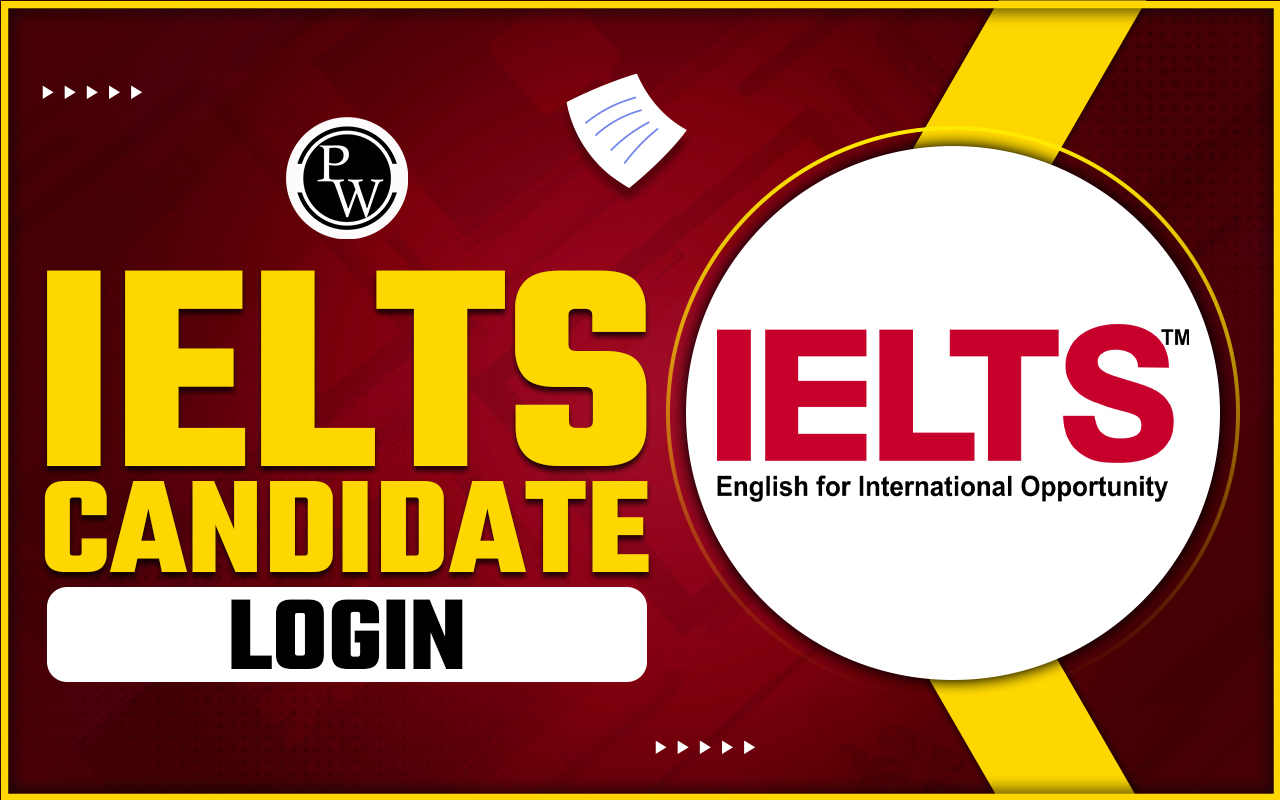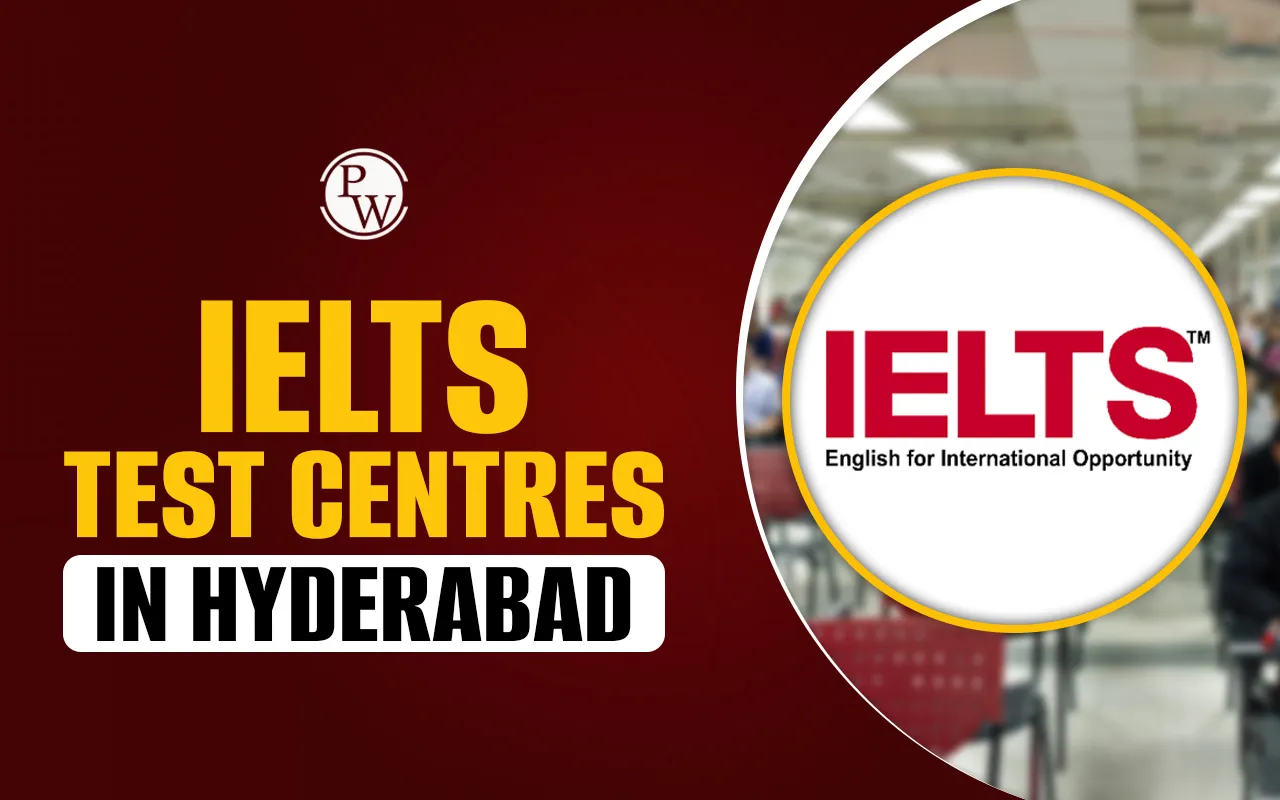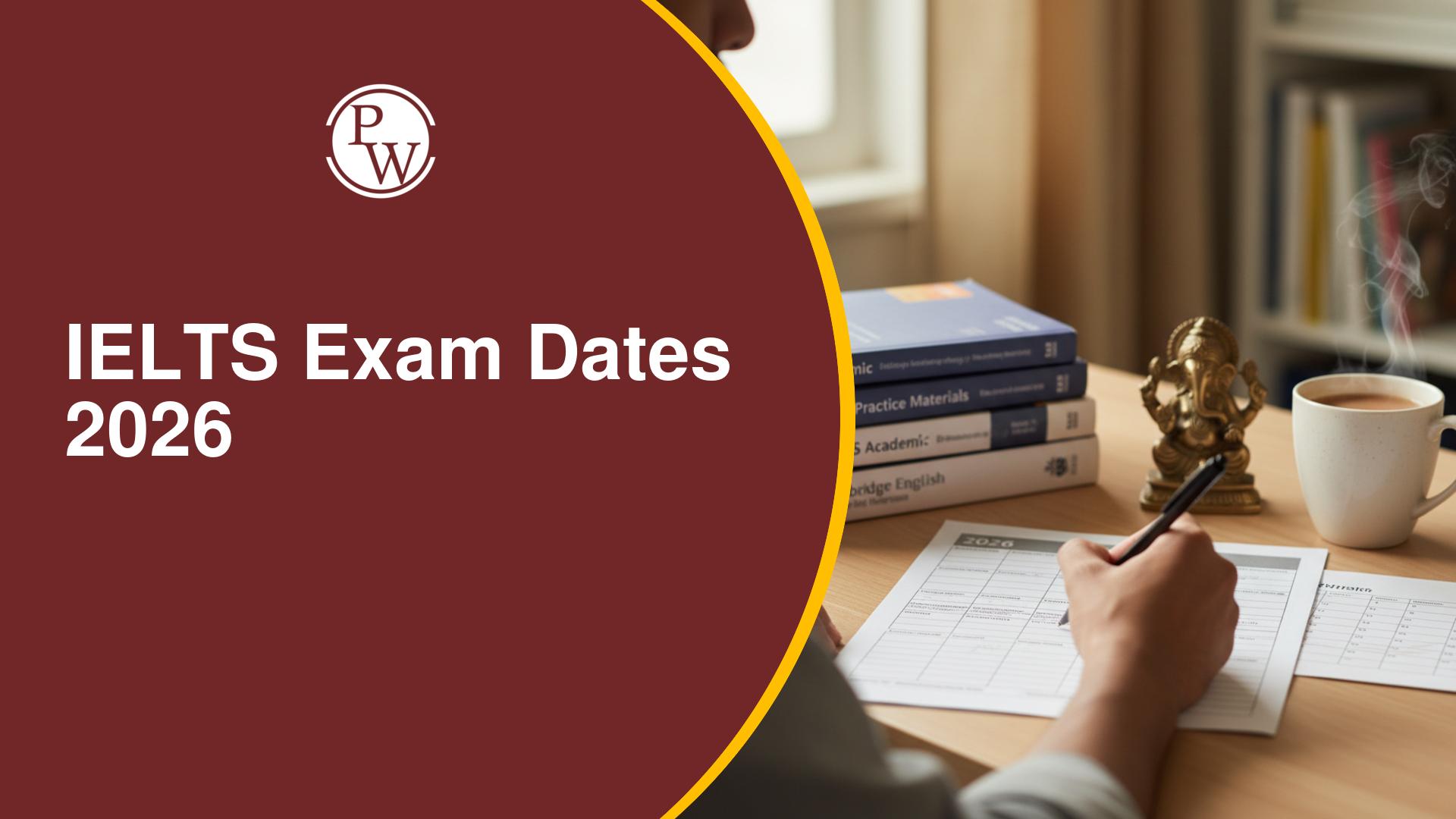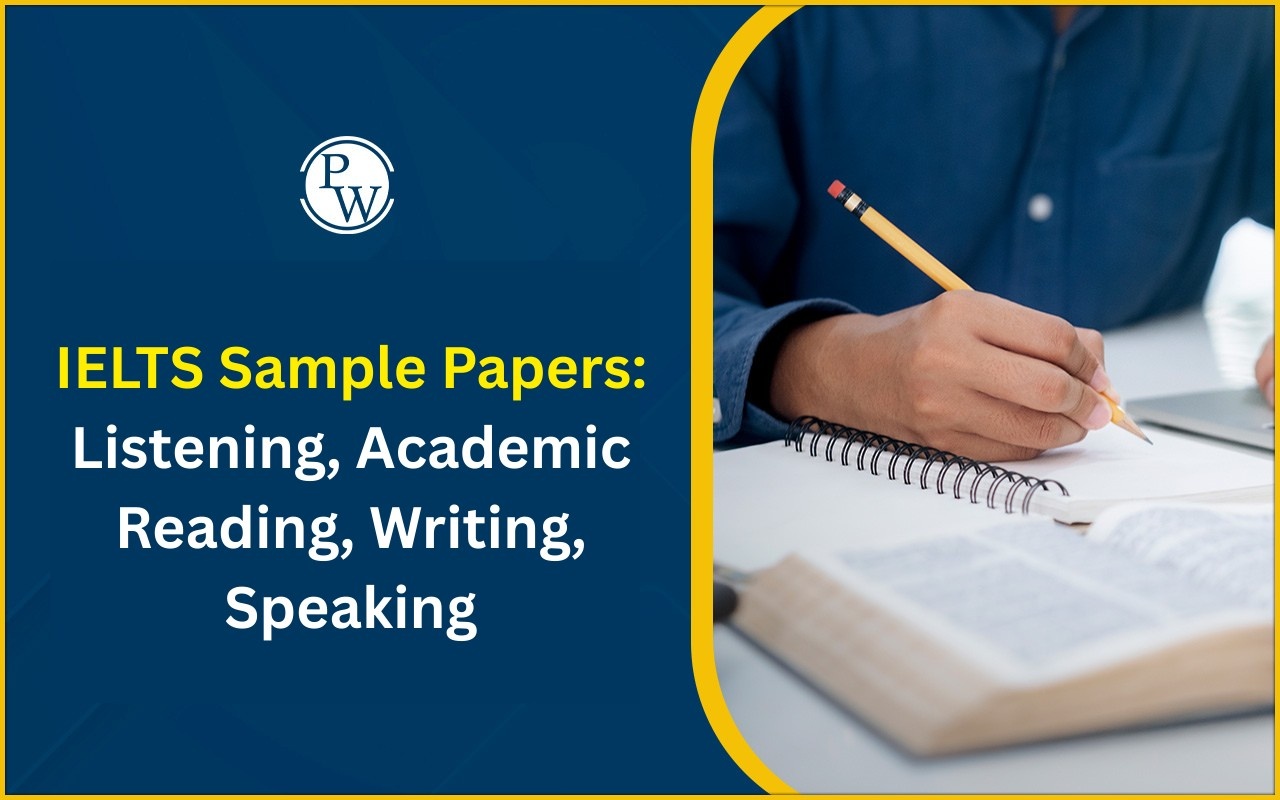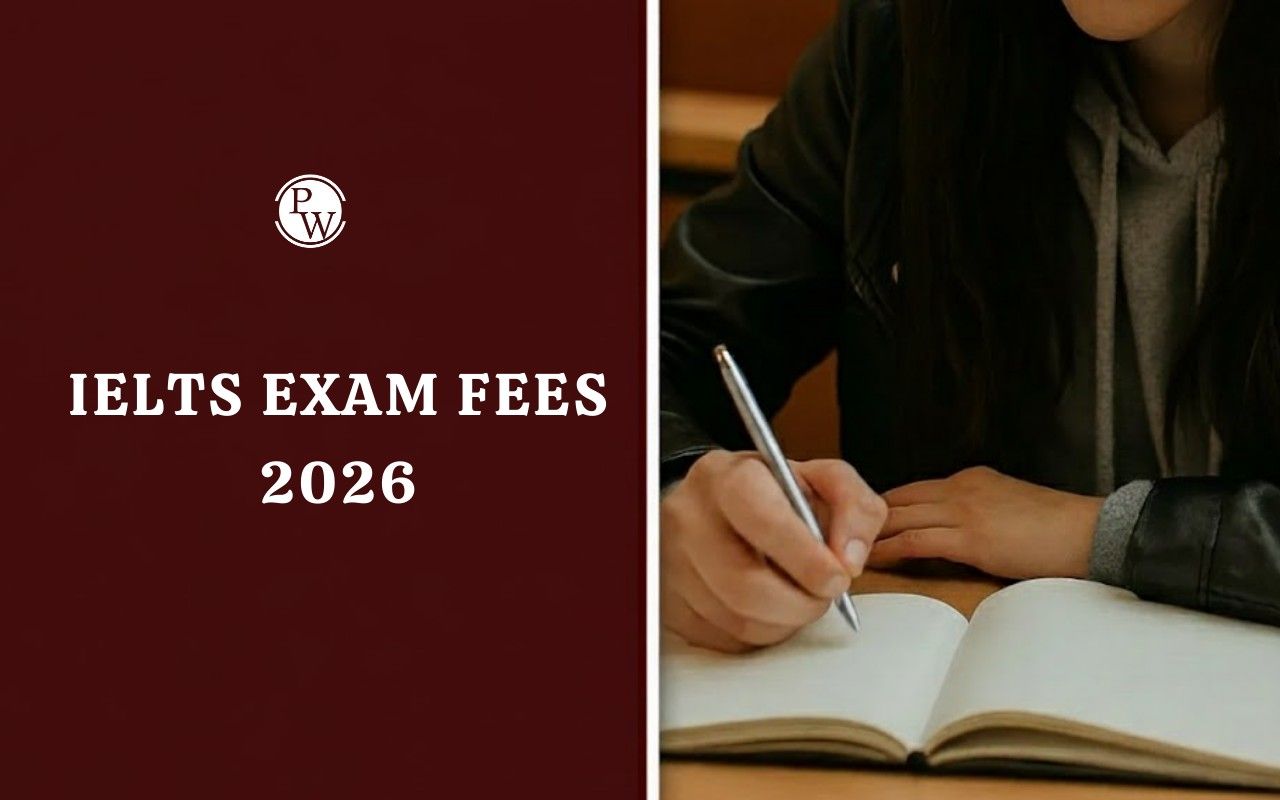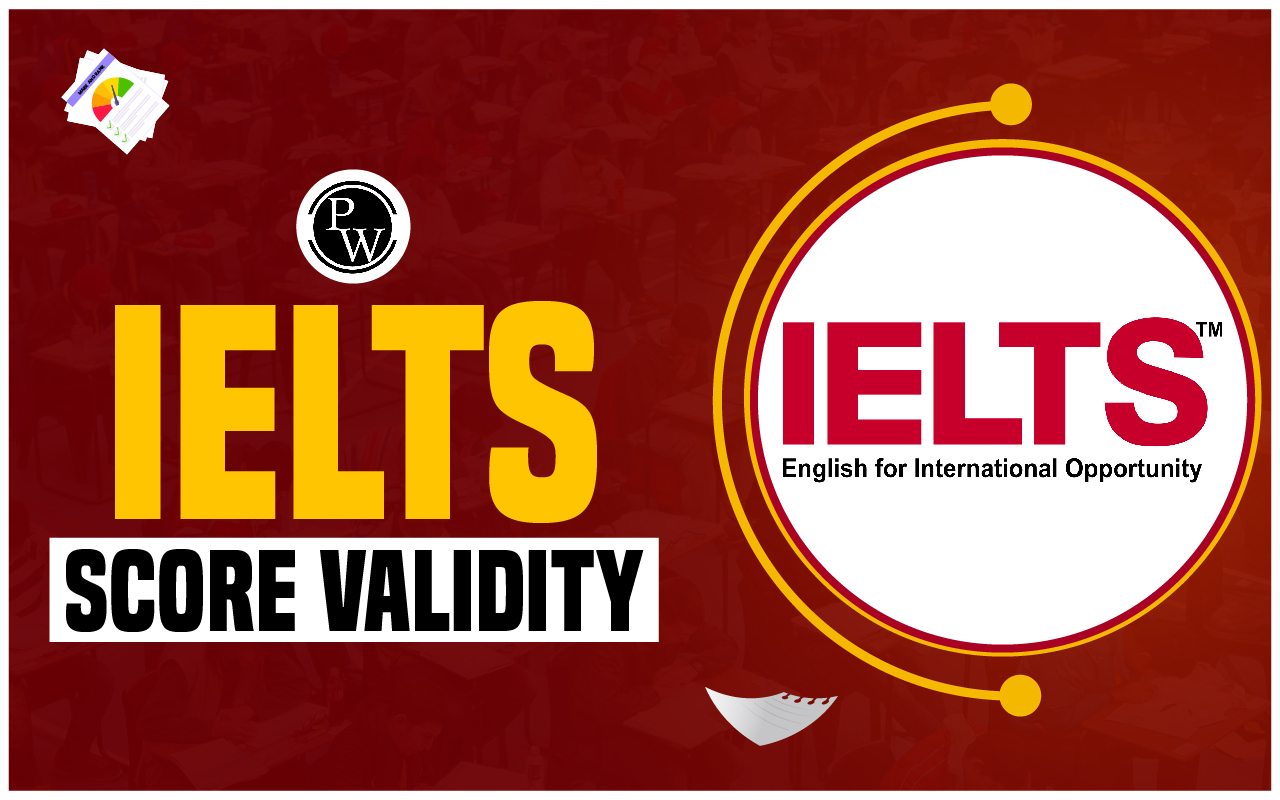
IELTS Map Vocabulary : IELTS Academic Writing task one will include a description question called maps. You have to compare two maps or provide a brief description of the one that is being provided in this sort of question. You must develop a complete understanding of the vocabulary related to IELTS maps to achieve a high band score.
Let's look at why IELTS writing task 1 Map Vocabulary is important, as well as some lists of regularly used terms and phrases as part of the IELTS writing task 1 map vocabulary, to help you prepare for the IELTS.IELTS Map Vocabulary
Describing a map is the difficult first task in the IELTS academic writing part. This work requires more than just proficiency in English, it also requires the ability to think critically and analyze to break down the material and deliver it. Your ability to expand your vocabulary might significantly increase your chances of achieving higher marks on the IELTS academic writing exam. You may create a clear image of the map's characteristics, its connections, and any underlying patterns by having a strong grasp of the language.| IELTS Writing Related Links | |
|---|---|
| IELTS Writing Band Score | IELTS Writing Band Descriptors |
| IELTS Writing Test Format | IELTS Writing Task 2 |
IELTS Writing Task 1 Map Vocabulary
It is possible to explain things with a variety of expressions. The following terms can also be used to characterize an IELTS map or diagram:1. General Map Description Vocabulary
Use these to introduce or describe the maps:
-
The map illustrates...
-
The maps show...
-
The diagram depicts...
-
According to the maps...
-
The two maps compare...
-
As can be seen from the maps...
-
Overall, it is clear that...
2. Vocabulary for Direction and Location
Useful for identifying positions and directions on the map:
-
Cardinal Directions:
-
North / South / East / West
-
Northwest / Northeast / Southwest / Southeast
-
-
Prepositions of place:
-
In the north/south/east/west of...
-
To the north/south/east/west of...
-
In the centre / At the centre
-
In the middle
-
On the left / right side
-
Next to / Beside / Adjacent to
-
Opposite
-
Near / Close to
-
Between
-
At the corner of
-
Along
-
Across from
-
3. Vocabulary for Changes Over Time
Use these to describe how the map changed:
-
Was developed into
-
Was transformed into
-
Was converted into
-
Was replaced by
-
Was removed / Was demolished
-
Was added / Was introduced
-
Was constructed / Was built
-
Was relocated / Was moved
-
Was expanded / Was enlarged
-
Was extended
-
Was reduced / Was cut down
-
Was flattened
-
Was upgraded
-
Was modernised
-
Was made pedestrian-only
-
Was turned into
-
Changed from ... to ...
-
Witnessed dramatic changes
-
Experienced significant development
4. Vocabulary for Static Maps (No Time Change)
Use these if you're comparing two places without time reference:
-
Is situated
-
Is located
-
Lies
-
Stands
-
Contains
-
Includes
-
Features
-
Comprises
-
Consists of
-
Surrounds
-
Faces
-
Overlooks
5. Vocabulary for Infrastructure and Land Use
Useful for naming different parts of a town or city:
-
Residential area / housing area
-
Industrial area / commercial area
-
Farmland / Agricultural land
-
Green space / Park / Playground
-
Forest / Wooded area
-
River / Stream / Canal
-
Lake / Pond
-
Hill / Mountain
-
Road / Street / Path
-
Roundabout / Intersection / Junction
-
Car park / Parking lot
-
School / Hospital / University
-
Shops / Shopping centre / Supermarket
-
Train station / Bus stop / Airport
-
Hotel / Restaurant / Café
-
Sports centre / Gym / Swimming pool
-
Bridge / Tunnel
-
Marina / Port / Dock
How to improve IELTS writing score
6. Verbs and Verb Phrases for Map Tasks
These verbs help explain developments:
-
Expand
-
Build
-
Construct
-
Renovate
-
Demolish
-
Remove
-
Replace
-
Convert
-
Develop
-
Extend
-
Transform
-
Modernise
-
Introduce
-
Install
-
Enlarge
-
Relocate
-
Merge
7. Adjectives and Adverbs for Describing Changes
Use these to describe how extensive or dramatic the changes were:
-
Dramatic / Substantial / Significant
-
Moderate / Noticeable / Considerable
-
Slight / Minor / Minimal
-
Gradual / Steady
-
Rapid / Sudden
-
Completely / Entirely / Thoroughly
-
Partially / Slightly / Marginally
| Types of IELTS Writing Task 1 Questions | Cohesive Devices in IELTS Writing |
Tips to Use IELTS Map Vocabulary for a Better Score
Using IELTS map vocabulary effectively will improve the exam score. Use the following advice to make better use of terms associated with maps to improve your score:Study Sample Responses Studying example answers or model ideas that use IELTS map vocabulary might help you better understand how to apply it. Look for common patterns and techniques in the language and structure of these answers.
Guidance of PW IELTS
Physics Wallah offers multiple online IELTS courses for all students. Follow the IELTS pages to better prepare for the exam.
| What is IELTS Exam? | Documents Required for IELTS Registration |
| IELTS exam eligibility requirements | IELTS Exam Fees |
| IELTS test results | IELTS Exam Pattern |
IELTS Map Vocabulary FAQs
Q1- How to describe a map in IELTS?
Q2- What vocabulary is used in the map questions in IELTS?
Q3- What is the scoring range of IELTS writing?
Q4- How can I enhance my IELTS map vocabulary for Task 1?
Q5- What is meant by map vocabulary?
Q6- How to describe maps using IELTS map vocabulary?
Q7- Which typical errors should I avoid while using IELTS map vocabulary in the IELTS Writing exam?
Q8- How can I use the IELTS map labelling vocabulary for Writing Task 1 effectively?


